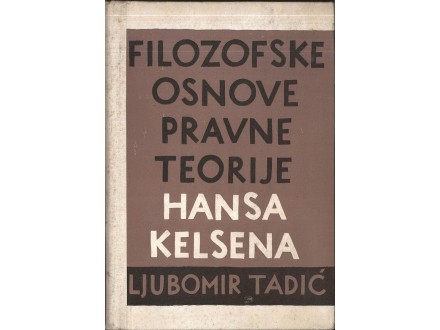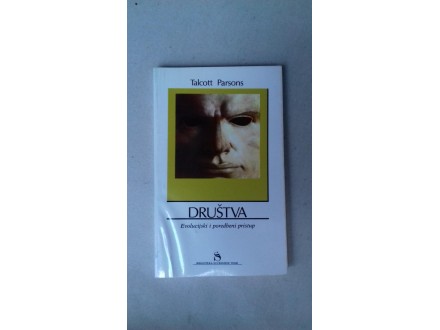Ponuda "Hans Vaihinger The Philosophy of “AS IF”" je arhivirana
Društva - Talcott Parsons
800 din. 720 din.
Talcott Parsons DRUŠTVA
2.490 din.
Prijavom na sledeći link možete dobiti obaveštenje kada se predmet koji tražite pojavi
http://www.kupindo.com/Rss/pretraga.php?Pretraga=Hans Vaihinger&CeleReci=0
Ukoliko još niste koristili RSS, pročitajte više o tome na Kupindo blogu:
http://blog.limundograd.com/2012/08/rss-ili-kako-da-uvek-znas-sta-je-novo-u-ponudi/
http://www.kupindo.com/Rss/pretraga.php?Pretraga=Hans Vaihinger&CeleReci=0
Ukoliko još niste koristili RSS, pročitajte više o tome na Kupindo blogu:
http://blog.limundograd.com/2012/08/rss-ili-kako-da-uvek-znas-sta-je-novo-u-ponudi/







